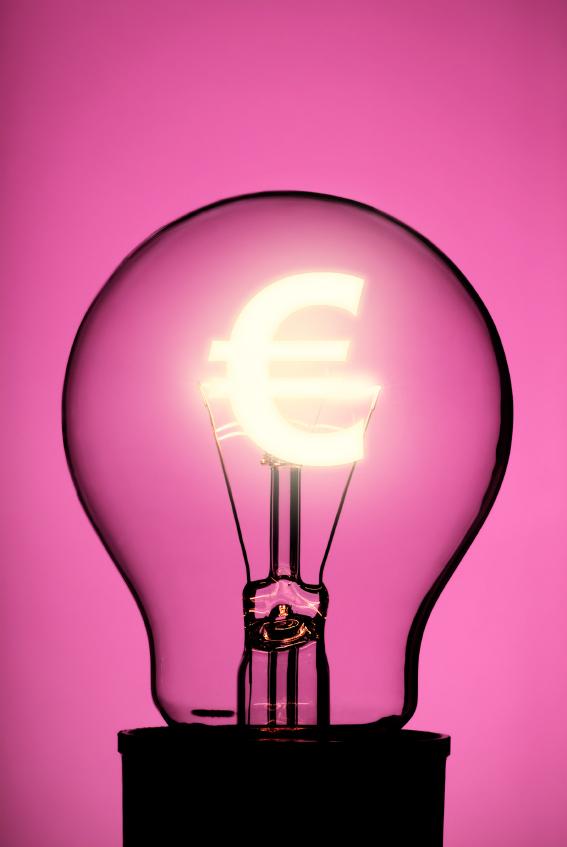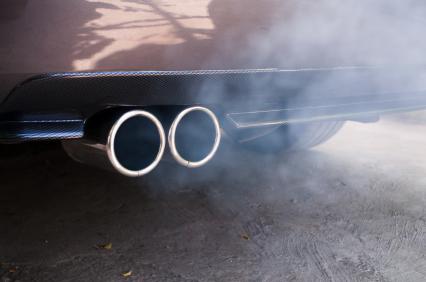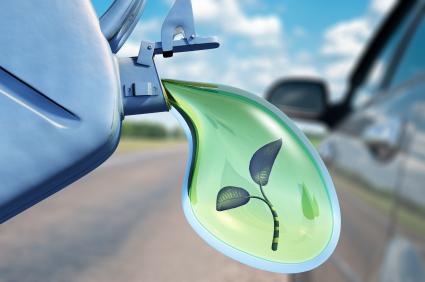
The United Nation’s ‘Sustainable Energy for All’ initiative adds weight to the growing voice pushing low-carbon ‘green’ growth over conventional ‘brown’ development and its heavy reliance on fossil fuels. However, with the high upfront investment costs associated with most environment-friendly technologies pushing this out of the reach of many countries that really need it, perhaps it’s time to consider a different approach to sustainable energy. A new “blue” economy focuses on investing less and innovating more.
The United Nations recently confirmed that billions of people worldwide continue to lack access to reliable, clean and affordable energy. Since the uptake of sustainable technologies cannot rely forever on the offer of heavy assistance from wealthier parts of the world, and with government subsidies limited, the opportunity to “go green” remains the privilege of only a few.
The innovative blue economy, a phrase coined, Belgium economist and INSEAD alumnus, Gunter Pauli (MBA ’82), is driven by business-level innovation using locally-sourced resources, with a focus on job creation, building social capital, generating multiple cash flows by stimulating entrepreneurship and business model innovation.
Taking recycling to another level
Pauli considers the Swedish company Solarus AB, which began manufacturing solar panels out of recycled carbon fibres discarded by the aerospace industry. Today, Solarus AB is able to offer cost-attractive and competitive solar technologies without the aid of government subsidies. Given solar technologies can be manufactured locally from recycled materials, Pauli argues governments (and tax payers) should not be burdened with further demands for solar-related subsidies and bailouts.
As well as reducing costs, the blue economy addresses technical difficulties that prevent solar or wind power from becoming mainstream sources of energy. Intermittency problems means there will always be a need for additional investment in either power storage or a back-up supply. Since not all locations have access to abundant hydro back-up supply, businesses would have to take an innovative approach to using local energy sources.
There are additional benefits for communities in matching a set of seemingly disparate problems with an efficient use of locally-available resources. Pauli considers the example of coffee which is produced using just 0.2 percent of the coffee plant. Instead of dumping the remaining 99.8 percent, the coffee company could generate additional revenues by growing mushrooms in the discarded plant and turn the waste from that process into protein-rich livestock feed, which could them be converted into a natural source of energy.
Challenging the rules
To generate more revenue streams, whilst simultaneously benefiting the communities involved, ‘blue entrepreneurs’ should not shy away from innovating new business models that challenge the rules of the game. Another ‘blue’ INSEAD alumnus is Sameer Hajee (MBA ‘04D), co-founder and CEO of Nuru Energy. Using recyclable plastic parts and locally-available materials, Nuru Energy has developed an award-winning, human-powered cycle that provides clean power across Africa. In the U.K., Cyndi Rhoades created a fashion label named ‘Worn Again’ for products made from a host of unusual recycled materials including leather scraps from car seats, parachutes and prison blankets.
The idea of reusing materials to extract their maximum value, is not a new one. It has recently been revived with the emergence of the ‘Circular Economy’ as a trend. A 2012 report by the Ellen MacArthur Foundation estimated that European Union has the opportunity to save US$380 billion a year in materials for consumer durables with medium lifespans such as cars, furniture and household electric appliances. Follow-up reports estimated the annual global opportunity for single-use consumer goods such as packaged food and beverages, could be as much as a US$700 billion.
Be it green, blue, ecological, self-sufficient, bottom-top, closed-loop or circular – calls for a new economic model will only get louder, as we head towards disastrous levels of resource depletion. And there are many people willing to put their money where their mouth is.
Harnessing the financial power
There are now around 500 crowdfunding platforms in existence and, with the world becoming increasingly connected through social media, it is becoming even easier for entrepreneurs to tap into a large pool of finance from small investors. In May 2013, Eureeca.com was created in Dubai as the first truly global crowd-investing marketplace where businesses can raise funding. Unlike other crowdfunding platforms that typically operate on the basis of a donation model, Eureeca.com is an online forum that enables entrepreneurs to source funding from the crowd in exchange for equity. By harnessing the power of social media, such platforms have made it possible to access a massive pool of resources, contacts and expertise in order to support entrepreneurial moves towards achieving a sustainable economy.
Since governments have a limited financial capacity, the best bet for environmentalists is those visionary entrepreneurs who can spot opportunities from potential challenges. And with advances in information technology and booming trends in business model innovations like crowdfunding, collaborative consumption, pay-per-use, sharing and leasing models, exciting changes lie ahead.
A version of this article first appeared on the Project Syndicate website
-
View Comments
(1)
-
Leave a Comment





Jenet Isabel
08/04/2014, 06.10 pm
I seriously appreciate the way you have written this article. And as per the current situation most of the countries have started implementing Go Green which is purely an appreciable thing.